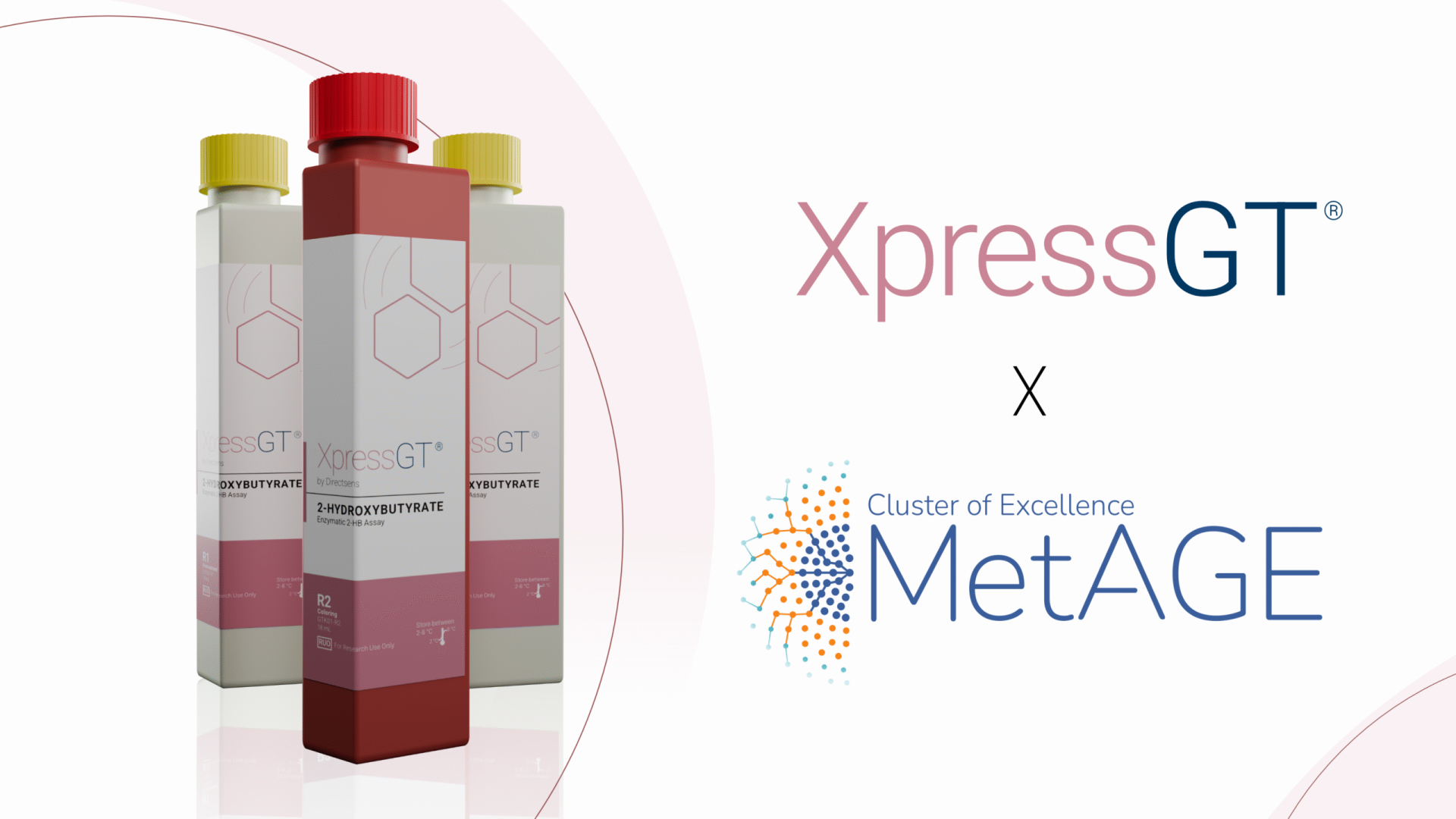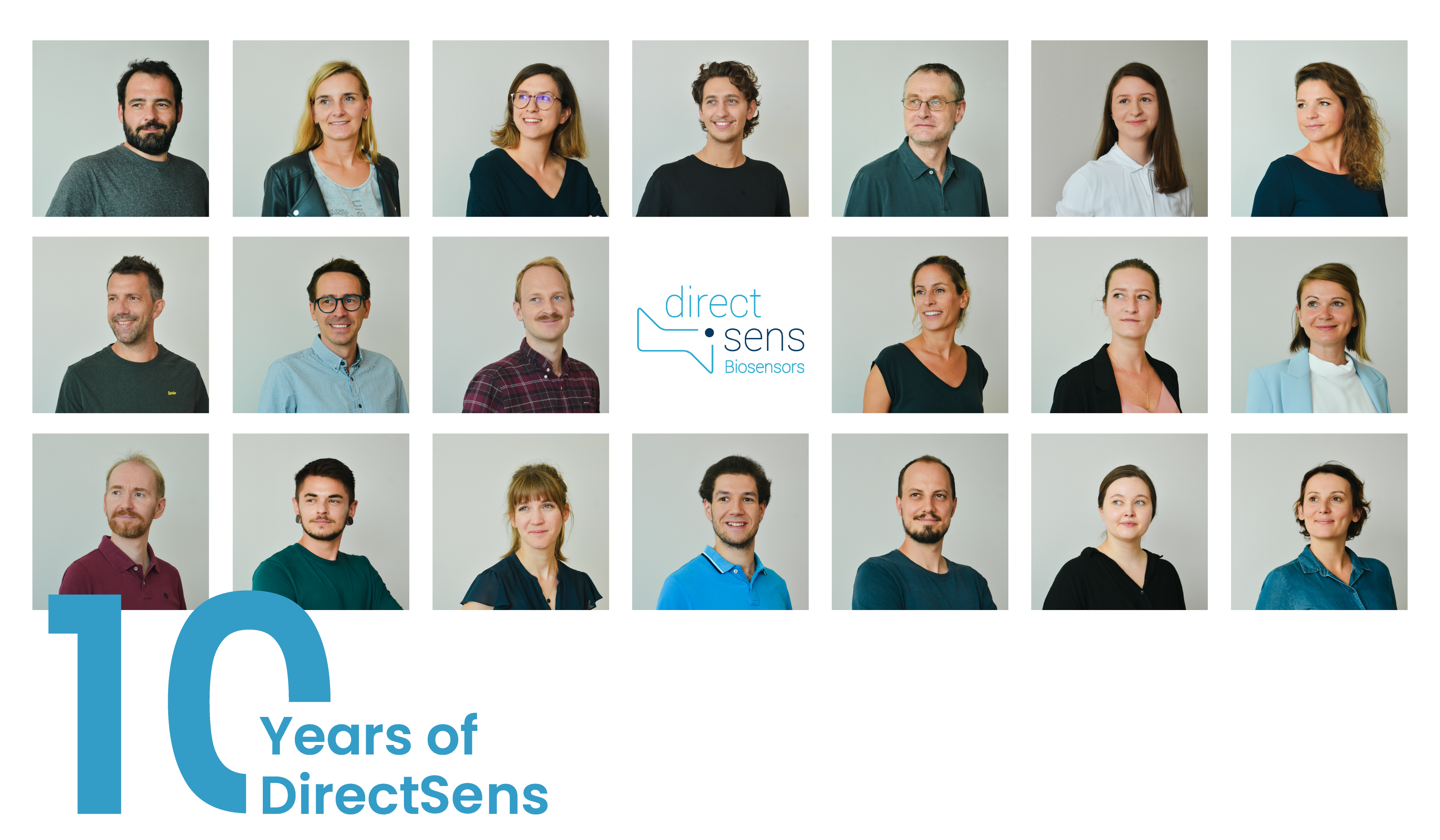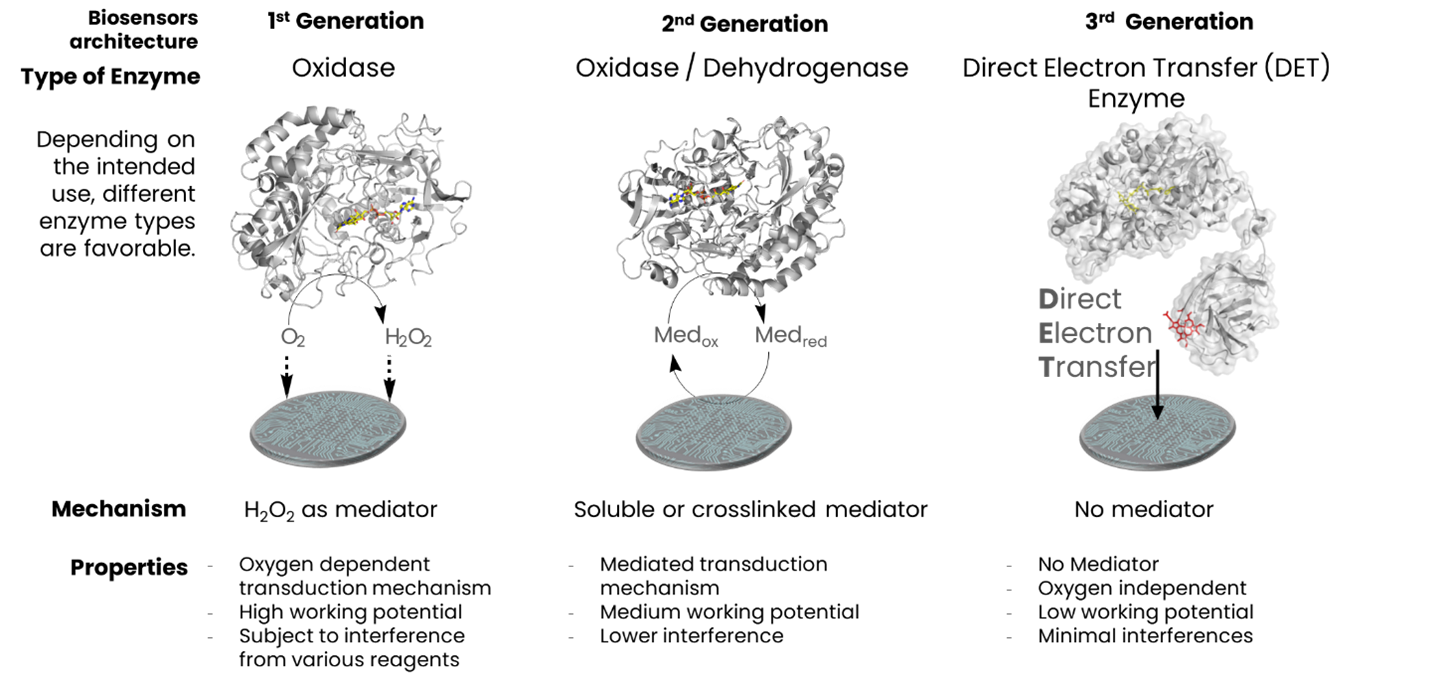Klosterneuburg, Austria, 01 July, 2025 – Austrian biosensing company, DirectSens, is proud to announce the inking of a collaboration agreement with MetAGE, an Austrian research consortium whose work centres on healthy aging.
The work will focus on validating DirectSens’ XpressGT, a test for 2-hydroxybutyrate in blood that is being developed to detect individuals at high risk of developing type 2 diabetes.
Each year, approximately 1 million Americans are diagnosed with type 2 diabetes, a condition that, while influenced by genetic factors, is largely preventable through lifestyle interventions. DirectSens believes that by monitoring levels of 2-hydroxybutyrate in blood, XpressGT could be used by clinicians to provide patients a stronger warning sign that the condition is developing, allowing them to make the necessary lifestyle changes to avoid it.
2-HB is synthesized in the liver naturally as a byproduct of its healthy functions; however elevated levels are linked to increases in reductive stress and, therefore, a variety of endocrine system and obesity-related disorders, including insulin resistance.
The research will leverage data from BioPersMed Study, a 1022-patient, single-center, prospective observational study conducted at the Medical University of Graz in Austria, and the project will be led from the MetAGE consortium by Professor Thomas Pieber, Head of the Clinical Trials Program at MetAGE.
David Stadler, DirectSens’ Innovation Manager, and head of its diagnostic biosensing efforts said of the news:
“We are proud that our early-stage diagnostic tool has received the support of internationally-recognized experts in the disease prevention field, and look forward to the findings of this work with MetAGE.”
“I am incredibly excited to be heading up this project focusing on better diagnostic tools, which will pave the way to preventing, not just treating, type 2 diabetes,” added Professor Pieber. “Type 2 patients cost health care systems worldwide billions of dollars per year in treatment costs, and the further economic cost due to loss in productivity is even greater – anything we can do to prevent patients from progressing from prediabetes to type 2 diabetes is therefore hugely meaningful.”
In parallel, DirectSens is also collaborating with Professor Ele Ferrannini from the CNR Institute of Clinical Physiology, Pisa, Italy on a similar initiative, focusing on the PAROKRANK cohort.
To learn more about XpressGT and its possible indications, click here.
About DirectSens
Founded in 2013 as a spin-off from the University of Natural Resources and Life Sciences, Vienna (or BOKU, for short), DirectSens manufacturers and distributes a range of third-generation biosensors that do not require mediators by using enzymes capable of direct electrode transfer (DET).
DirectSens operates across various divisions, including quality management, electrochemistry, enzyme engineering, and manufacturing. This holistic approach ensures excellence throughout biosensor development—from research to manufacturing and customer support.
The company has recently turned its attention towards human health, launching XpressGT, a platform capable of accurately measuring 2-hydroxybutyrate, an organic substance with links to several endocrine system related diseases.
About MetAGE
MetAGE is an Austrian research initiative investigating metabolic disorders and their implications on aging. Its core objective is to develop novel prevention and intervention strategies to promote healthy aging, so that a “medicine of disease” becomes a “medicine of health.” The Cluster of Excellence MetAGE is funded by the Austrian Science Fund (FWF) – Grant-DOI 10.55776/COE14, the University of Graz, the Medical University of Graz and the Medical University of Vienna.
To learn more about MetAGE, click here.




